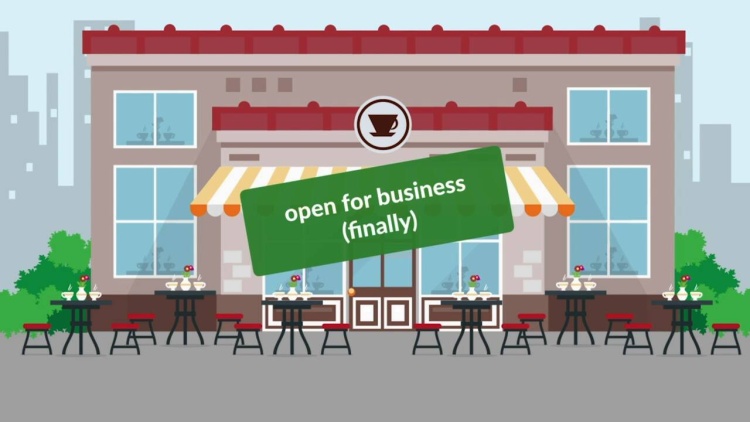Collins v. Lewis
Texas Court of Appeals
283 S.W.2d 258 (1955)
- Written by Ronald Quirk, JD
Facts
Collins (plaintiff) and Lewis (defendant) each owned 50% interest in a partnership formed to own and operate a cafeteria. Their partnership agreement provided that Collins would provide funds to build and open the cafeteria, while Lewis would oversee the construction of the cafeteria and manage it once it opened for business. Lewis guaranteed repayment to Collins at a minimum rate of $30,000 plus interest the first year, and $60,000 plus interest annually thereafter. Collins initially advanced $300,000, based on Lewis’s initial estimate of the cost to build and open the cafeteria. After a substantial delay in completing the cafeteria and increases in expenses, the initial cost had increased to $600,000. Collins expressed his displeasure about the cost increase, but he advanced the entire amount. Soon after the cafeteria opened, Collins discovered that the expenses far exceeded the receipts. Collins demanded that Lewis immediately make the cafeteria profitable, or he would cut off additional funding. Lewis accused Collins of unauthorized interference in the management of the business, while Collins charged that Lewis had mismanaged the building and opening of the cafeteria. Collins also made serious threats during the first year of the cafeteria’s operation, forcing Lewis to lose his interest in the business. Lewis tried, but failed, to find financing to buy out Collins. Collins subsequently filed suit, seeking dissolution of the partnership. The trial court denied dissolution, based on the jury’s findings that: (1) there was not a reasonable expectation of profit if Lewis continued managing the cafeteria; (2) but for Collins’s conduct which decreased the earnings during the first year, there would be a reasonable expectation of profit; and (3) Lewis was competent to manage the cafeteria.
Rule of Law
Issue
Holding and Reasoning (Hamblen, J.)
What to do next…
Here's why 907,000 law students have relied on our case briefs:
- Written by law professors and practitioners, not other law students. 47,100 briefs, keyed to 996 casebooks. Top-notch customer support.
- The right amount of information, includes the facts, issues, rule of law, holding and reasoning, and any concurrences and dissents.
- Access in your classes, works on your mobile and tablet. Massive library of related video lessons and high quality multiple-choice questions.
- Easy to use, uniform format for every case brief. Written in plain English, not in legalese. Our briefs summarize and simplify; they don’t just repeat the court’s language.





